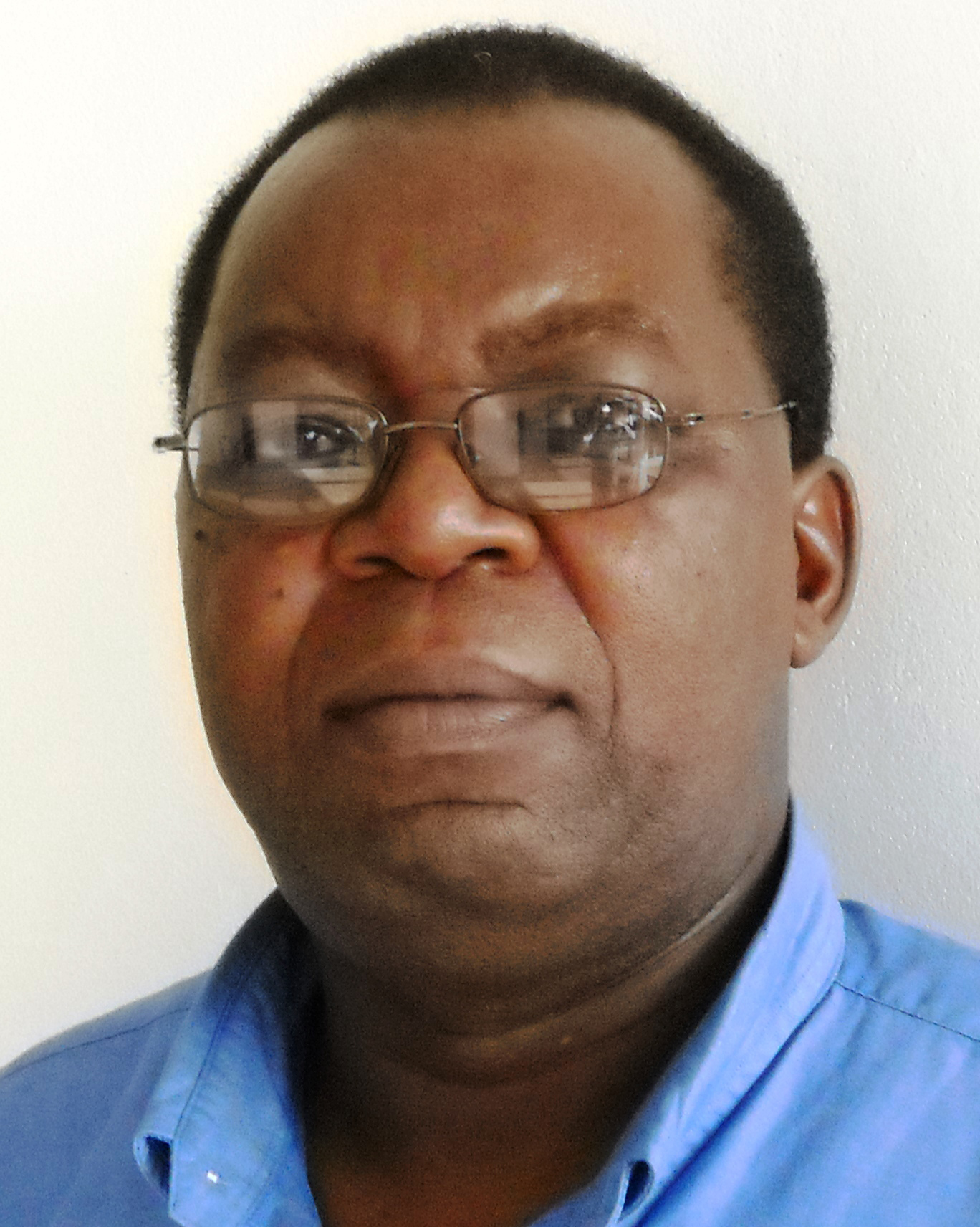The Third IASTED African Conference on
Water Resource Management
AfricaWRM 2010
Science and Technology Applications for Health and Sustainable Development
September 6 – 8, 2010
Gaborone, Botswana
KEYNOTE SPEAKER
Understanding the Spatial and Temporal Variability of Water Resources, a Key to Achieving Sustainable Water Resources Management
Abstract
There is a general appreciation of e water resources management challenges arising from the high spatial and temporal variability of the quantity and quality of water resources in Africa. However for most of the river basins in Africa, lack of routine hydrological monitoring is a constraint for quantifying the variability of the quantity and quality of water. There have been instances when the number of people that are affected by water-related disasters such as floods and droughts are unknown due to lack of information about the existence of these disasters. Due to inadequate data the responses of the relevant governments tend to be reactive, and not always effective. Some of the water development infrastructure particularly those intended to serve local communities have frequently failed to satisfy the expected water needs as they were planned and designed without adequate data. This problem tends to be acute when considering groundwater resources for which there is very little information about the spatial and temporal variability. It is important that water infrastructure developed deliver the intended benefits if the target for halving the population without safe water is to be achieved. The availability of hydrological data upon which planning and designing of water resources systems is based is critical. A key requirement for sustainable water resources management is to balance the water needs for economic development, satisfying basic needs, and supporting ecosystems. Maintaining this balance requires knowledge of the amount of water required by these three sectors. There is however inadequate knowledge about the nature of the flows required to support ecosystems. Routine hydrological monitoring has usually not covered ecological aspects. The development of skills for collecting and analysing water-related data is also important for sustainable water resources management.This paper will attempt to demonstrate the importance of hydrological monitoring, and the development of capacity for using water resources data for sustainable water resources management. The potential for using new data sources such as remote sensing for overcoming constraints due to inadequate hydrological networks is examined. The paper recommends that countries should place a high priority on the development of water resources information systems for sustainable water resources management.
Biography of the Keynote Speaker

Dominic Mazvimavi is the Professor of Water and Environmental Science in the Department of Earth Sciences, and Director of the Institute for Water Studies which are both at the University of the Western Cape in Cape Town, South Africa. Prof Mazvimavi obtained a PhD in Hydrology from the Wageningen University and the International Institute of Geo-information Science and Earth Observation in the Netherlands. From 2007 to 2010 he served as the Managing Guest Editor for an annual special issue of the Journal of the Physics and Chemistry of the Earth covering papers on water resources management. Prof Mazvimavi has research interests on water resources planning and management, hydrological regionalization, effects of land-use change on runoff, and environmental flow assessment. He has previously worked at the Okavango Research Institute of the University of Botswana, and Department of Geography and Environmental Science of the University of Zimbabwe.










